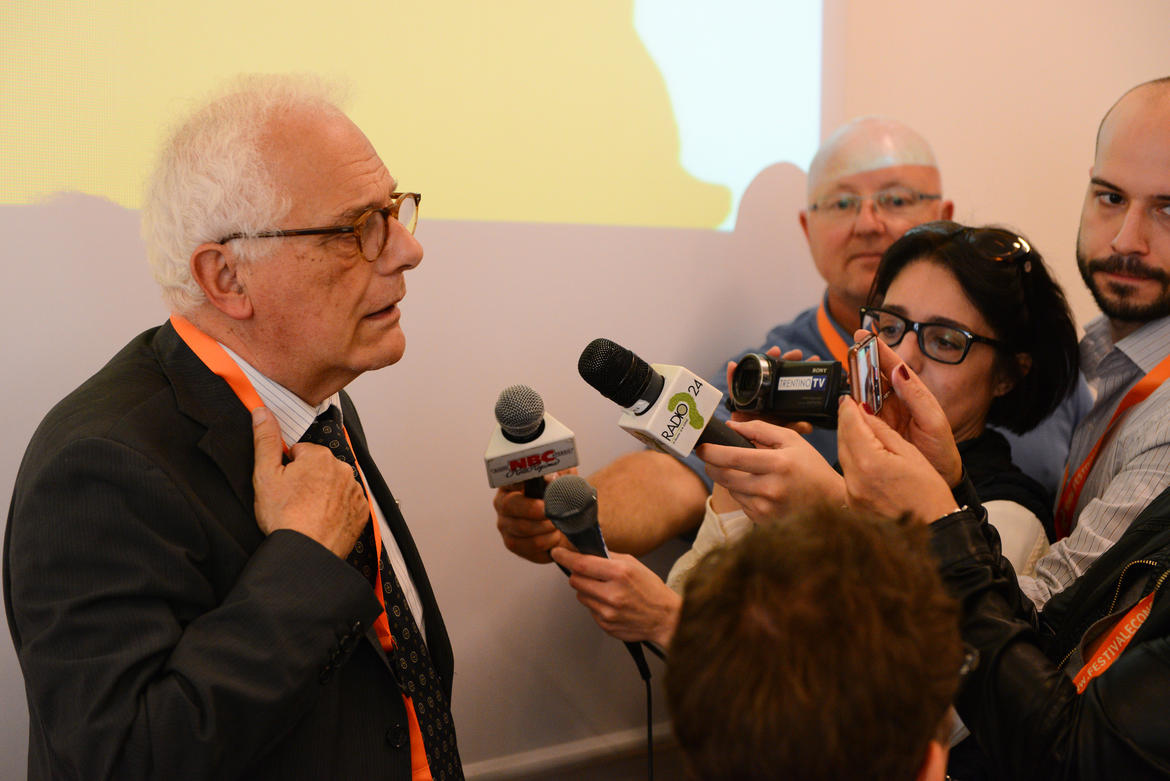
“The mother of all tax havens is Switzerland – states Visco – and it started his activity in XVI century”. Since then countries adopting special tax policies arose to some 90 units worldwide. “Panama Papers scandal is just the last dossier on the topic, but it follows a long sequence of events – adds Visco – from Lichtenstein files (discovered by German intelligence) to the “Falciani List” (concerning HSBC bank in Geneva), passing by the so called “Lux-leaks”(involving tax avoidance of 340 corporations based in Luxembourg)”. Anyway, in Visco opinion, secrets surrounding tax havens begin to stagger, above all because of public opinion growing intolerance towards privileges and unpunishment offered to international capital.
A study calculated the world turnover of all tax havens in some 32 trillion US$ (a huge amount if we consider that US GDP stands at 18 trillion US$), sum that includes – other than financial tools – buildings, gold, precious stones, yacht, ships and private jet. “Many times – explains Visco – in tax havens flows enormous capital coming from “treasure chests” of dictators in developing countries too”. To complete the framework, we must add also “black market revenues” arriving from international crime organisation, drug-traffic, weapons trade, secret services funds and so on.
Something is changing? “It is a bit difficult to fight tax havens – says Visco with scepticism – because in order to do so it is necessary to limit the circulation of international capital (going back to Bretton Woods system, that ensured a thirty years period of growth), to limit power of banks and above all to defeat interests of the 1% richest people, an enormous stake that no government can contrast”. Anyway, there are some actions are in progress within international bodies as OECD (Organisation for Economic Cooperation and Development) and G-20, for instance the Base Erosion and Profit Shifting (BEPS). BEPS refers to tax planning strategies exploiting these gaps and mismatches in tax rules to artificially shift profits to low or no-tax locations where there is little or no economic activity, resulting in little or no overall corporate tax being paid. “It is a good step – sentences Visco – but with two limits: there are no sanctions and it may work just for the poorest among richest. A better solution is the idea of Gabriel Zucman, world expert of tax haven, who proposes a World Financial Registry, even if at the moment it is an utopia. In the meanwhile I am sure we will attend to many others Panama Papers repeating”.
Web: http://2016.festivaleconomia.eu
Twitter: @economicsfest
Facebook: https://www.facebook.com/festivaleconomiatrento








